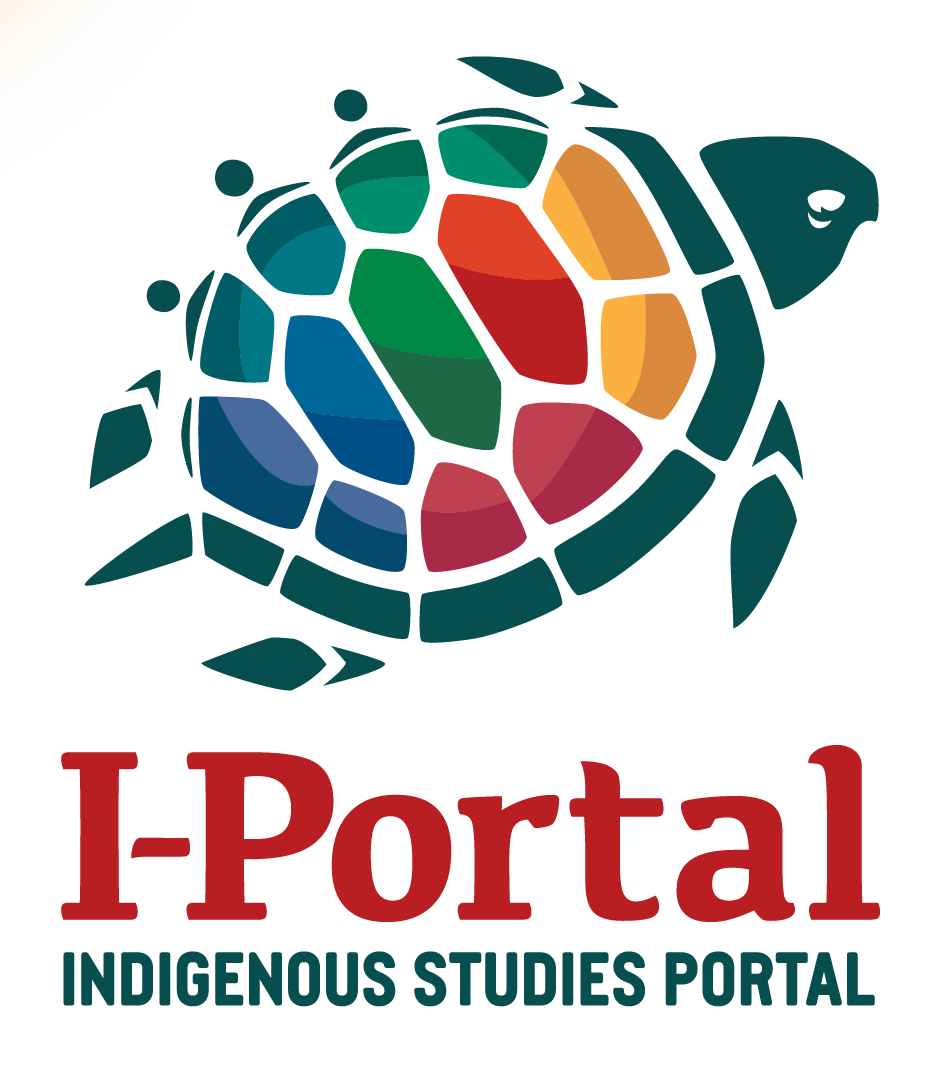The Hollow Bone Hunter's Search For Sacred Space in Cyberspace: A Two World Story
Distance Education Thesis (Ed.D)--Athabasca University, 2012.
Please Note: Must be viewed in Firefox browser.
A Home at School: Building Stronger Indigenous People Through Cultural Resurgence in an Urban Ontario Public School Context
Honoring Our Children: Culturally Appropriate Approaches For Teaching Indigenous Students
Honoring Our Heritage: Culturally Appropriate Approaches For Teaching Indigenous Students
Honoring Our Heritage: Culturally Appropriate Approaches for Teaching Indigenous Students
Honoring the WORD: Classroom Instructors Find That Students Respond Best to Oral Tradition
Honouring a Cultural Community: Embracing Aboriginal Values and Traditions in a Unionized Environment
Honouring Tradition: Reframing Native Art
Hoop Dancing: Literature Circles and Native American Storytelling
The Hoop of Learning: A Holistic, Multisystemic Model For Facilitating Educational Resilience Among Indigenous Students
Hopi Education: A Look at the History, The Present, and The Future
Hot Lunch Program One of Many Services to Community
Brief profile of Elder Theresa Stevenson, recipient of the National Aboriginal Achievement Award for Community Development. Theresa is recognized for her devotion to humanitarian causes such as advocating for Aboriginal role models in schools, hot lunch programs, and low income housing.
Entire issue on one pdf. To access article scroll to p.33.
"How Are We Doing?" Exploring Aboriginal Representation in Texts and Aboriginal Programs in Surrey Secondary Schools
How Can a Teacher Begin to Help Her Kindergarten Students Gain "Authentic" Cultural Understandings About Native North Americans Through Children's Literature
How can Aboriginal Boys be Helped to Do Better in School?
How Can This Be Cinderella if There is No Glass Slipper? Native American “Fairy Tales”
How Do American Indian Fifth and Sixth Graders Perceive Mathematics and the Mathematics Classroom?
How Do You Get the Numbers to Dance? Effective Educational Practices in Mathematics for Native American Learners: A Conference Summary
How Learning Styles of Native Students Are Different From Multicultural Students
How Might Native Science Inform "Informal Science Learning"?
How One Class Experienced Cultural Immersion in the Twin Cities
How Our Stories are Told
How Should Young Indigenous Children be Prepared for Learning? A Vision of Early Childhood Education for Indigenous Children
Human Body: An Integrated Science Learning Unit for Yukon Grade 5 Students
Human Problems in an Indian Culture
A Hundred Ways of Learning: Sharing Traditional Knowledge at Tohono O'odham Community College
The Hunger for Professional Learning in Nunavut Schools
Hunhu: In Search of an Indigenous Philosophy for the Zimbabwean Education System: Practice Without Thought is Blind: Thought Without Practice is Empty
Hunter-Gathering in the Digital World to Build a Keeping Place for the Future
I Am My Subject: Blending Indigenous Research Methodology and Autoethnography through Integrity Based, Spirit-based Research
I Have a Pen, Book and Food; Now, Let's Write: Indigenizing a Postgraduate Writing Workshop
"I Liked It So Much I E-mailed Him and Told Him": Teaching The Lesser Blessed at the University of California.
"I Should Not Be Wearing a Pilgrim Hat": Making an Indian Place in Urban Schools, 1945-75
'I Think That What's Happening in Aboriginal Education Is That We're Taking Control': Aboriginal Teachers' Stories of Self-Determination
"I Want to Get Rid of the White Problem": The Struggle to Reclaim Indigenous Education for Indigenous Children
Identifying First Nations Students with Invisible Disabilities
Identifying the Learning Needs of Innu Students: Creating a Model of Culturally Appropriate Assessment
Identity and Knowledge in Indigenous Young Children's Experiences in Canada
Identity, Community and Resilience: The Transmission of Values Project
Discusses conversations held with agencies serving children, youth and families in four Saskatchewan First Nations communities.
Chapter two from Putting a Human Face on Child Welfare: Voices from the Prairies edited by I. Brown, F. Chaze, D. Fuchs, J. Lafrance S. McKay and S. Thomas Prokop.
Identity Formation and Consciousness with Reference to Northern Alberta Cree and Metis Indigenous Peoples
Identity, Meaning, and Engagement With School: A Native American Student's Composition of a Life Map in a Senior English Class
If We Show Them Will They Come? Attitudes of Native American Youth Towards Higher Education
The Iglu and the Tent: Centring the Northern Voice in Mathematics Teaching
Igniting the Power Within: Level 1 Curriculum: Essential Skills and RPL Certification for Advisors/Counsellors
Curriculum for two-day workshop designed for program developed to introduce and teach nine Essential Skills (ES) and Recognizing Prior Learning (RPL) in Aboriginal communities in Manitoba. Level 2 Curriculum Level 3 Curriculum Level 4 Curriculum
